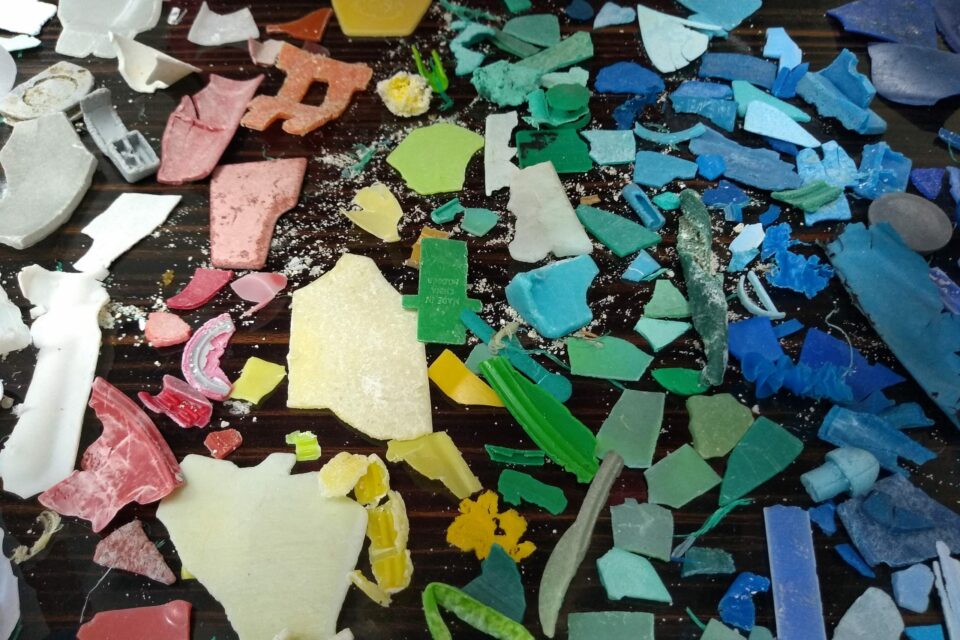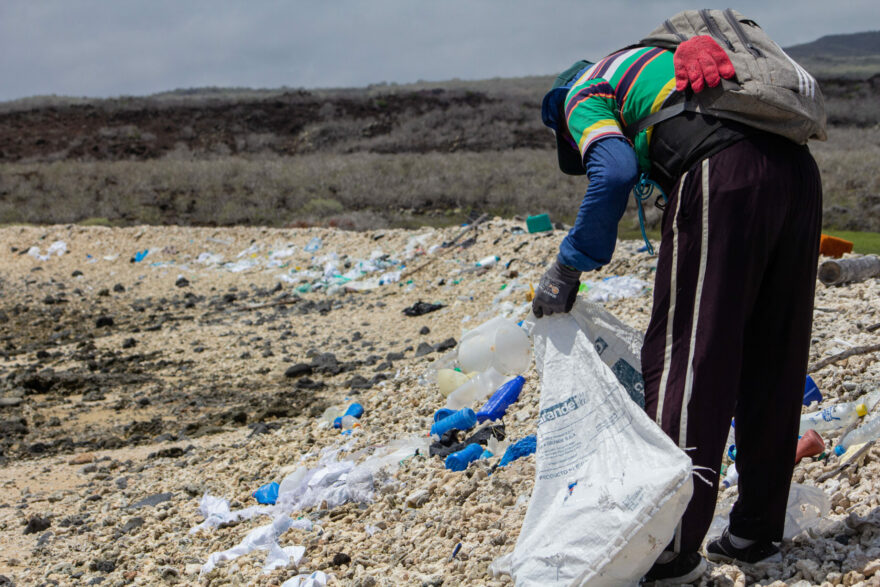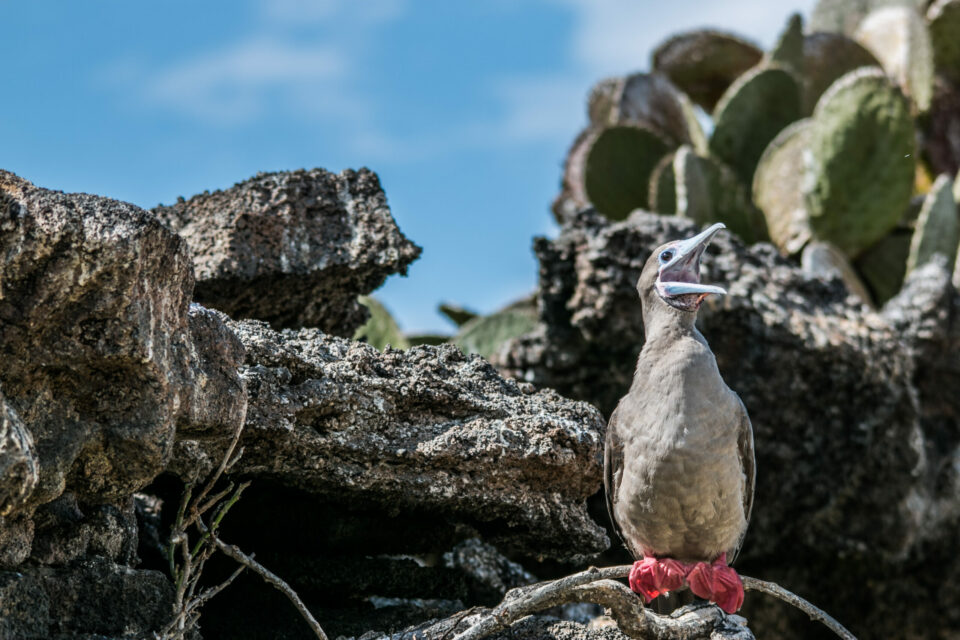

Global Plastics Treaty: An interview with Luis Vayas Valdivieso
At the second round of negotiations in Paris, we spoke with Ambassador Luis Vayas Valdivieso, Ecuador's current Vice Minister of Foreign Affairs and one of the elected Chairs of the Intergovernmental Negotiation Committee.
The GCT team recently travelled to Paris to attend the second session of the UN’s intergovernmental negotiations on the future international legally binding instrument on plastic pollution (INC-2).
While in Paris, the team was lucky enough to speak with Ambassador Vayas about the progress of the treaty negotiations, the threats to both wildlife and human health posed by plastic pollution and, most importantly, why he believes the treaty should be signed in Galapagos.
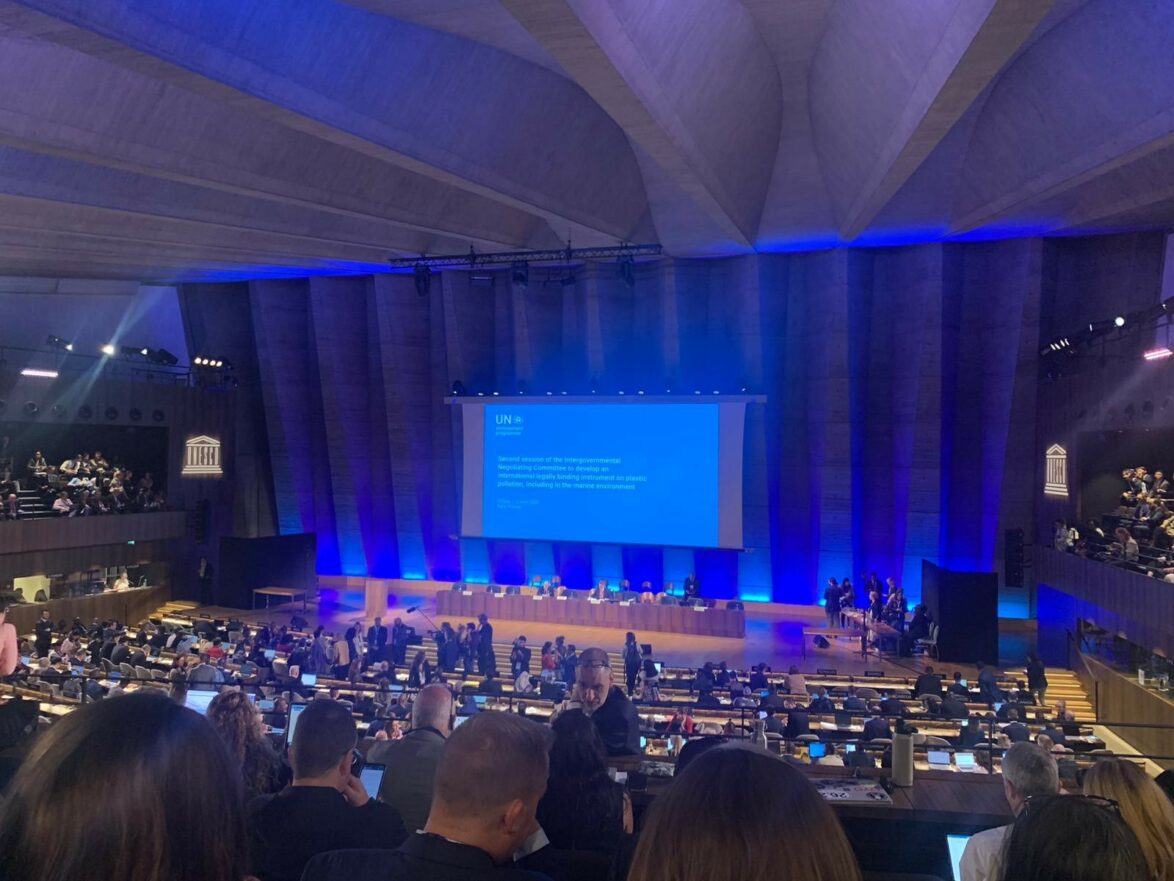
Could you please explain some of the highlights and challenges experienced during the INC-2 negotiations in Paris last month?
We have faced some challenges; however, we can also see the determination and effort of the delegations to eliminate plastic pollution around the world. We don’t have too much time for this negotiation; we have less than a year and a half, so we need to optimise our time, and that’s another discussion: how to use the inter-sessional work. Before the next round of negotiations in Nairobi, Kenya, we will have a few months where we can use our time to discuss the best way forward. That is, to ensure we end up with a strong and effective treaty.
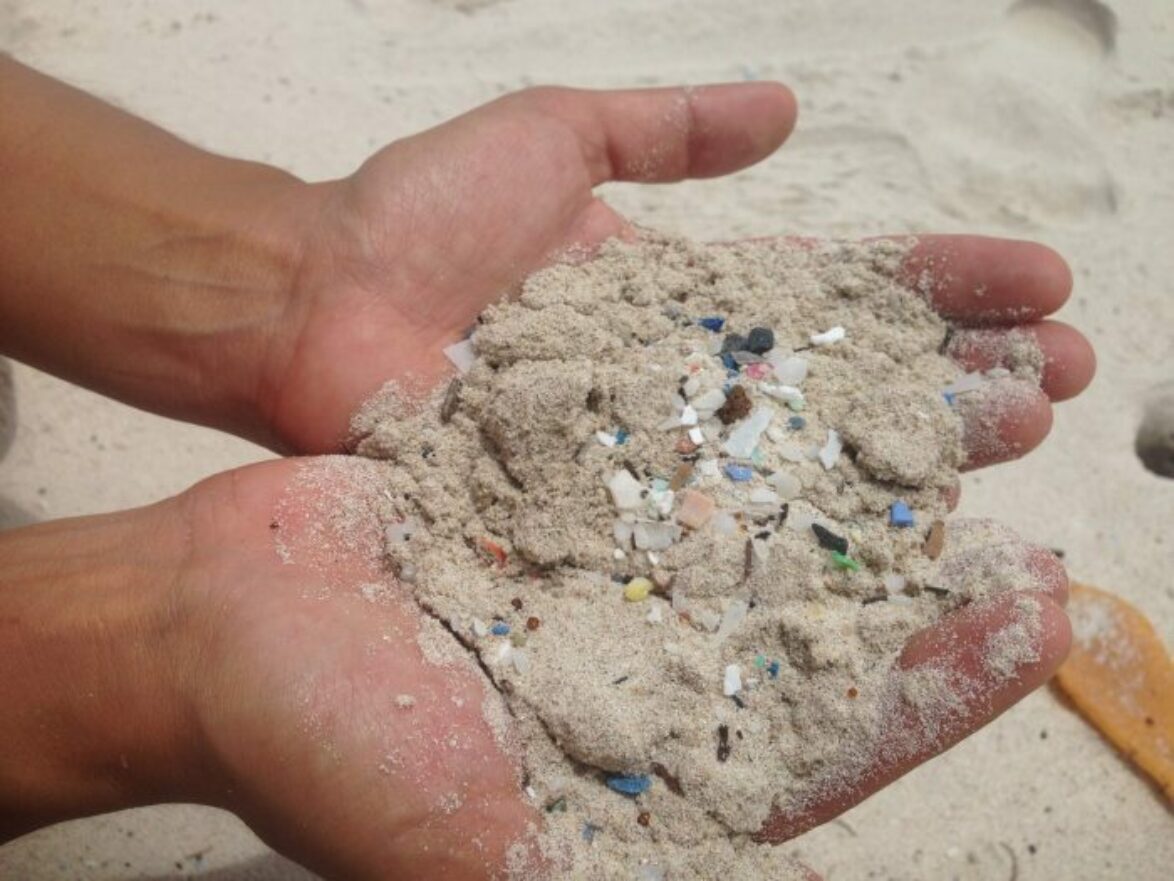
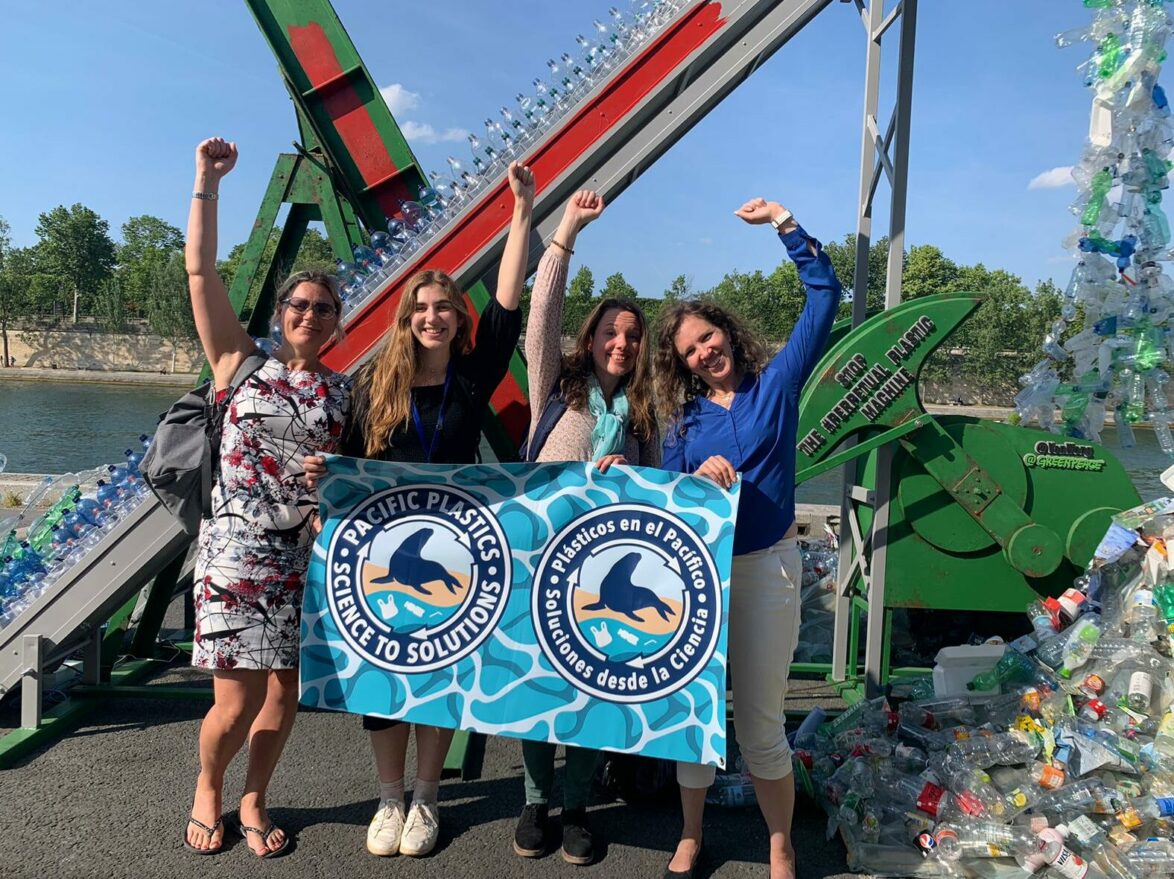
GCT and the Global Plastics Treaty
We’re calling on world leaders to agree an ambitious, legally-binding Global Plastics Treaty that ends the scourge of plastic pollution.
Can you explain what has been discussed at INC-2, what will you hope to discuss at INC-3, and how we, as civil society, scientists and community groups, can support you and other delegations to build a strong and binding plastics treaty?
We are currently working on a ‘zero draft’, a text that will be used to create the future treaty. The mandate we want from this negotiation is a text for the inter-sessionals. Now, the second part of your question is of great importance. Ecuador has been one of the leading countries in proposing that civil society, NGOs and the scientific community should all participate. We already have great communication and strong links with the scientific community; they are the experts in the matter. What we would like to see now is a formal relationship with these stakeholders, meaning the scientific community, both during the negotiations and hopefully later on with the implementation of the treaty. We need data, we need information, and we need more scientific evidence. We have evidence already, but it’s still developing, and every day we know more about how dangerous plastic pollution is, both for the environment and human health.
We know the Ecuadorian delegation is proposing for the Global Plastics Treaty to be signed in Galapagos and for it to be called the ‘Galapagos Treaty’. Why is it important for the world to sign this once-in-a-lifetime treaty in Galapagos?
Ecuador has received this suggestion from different organisations and countries. As you know, Galapagos is fragile, suffering like any other island in the world from plastic pollution. Ninety-six percent of the plastic pollution we receive in the Galapagos Islands comes from abroad. Although Ecuador is making great efforts to protect the Islands, and even though we have a specific legislation for the Galapagos Islands, it is not enough. We even have regional efforts together with Colombia, Panama, Costa Rica and CMAR (the Eastern Tropical Pacific Marine Corridor) – but unfortunately, it is still not enough.
We need global solutions for global problems, and this is a global problem. Treaties, conventions and agreements are always signed in a distinctive and representative place. We have the Stockholm Convention, the Basel Convention, and the Rotterdam Convention; we have the Paris Agreement on climate change, so we have proposed that Galapagos should be the place to sign this treaty. The Galapagos Treaty is more than just a name; it is what we want to show to the international community: that we need to fight against plastic pollution to preserve places like the Galapagos Islands.

We need data, we need information, and we need more scientific evidence.
With all eyes on Galapagos, what do you want the global community to know about the Islands and the issue of plastic pollution?
We want to see a treaty that has a human rights-based approach because we want to combat inequalities among human beings. In addition, we want to see a treaty that will guide us on the path of a just transition towards our goal. Ecuador is doing a lot for ecological transition, not only in the name of our ministry – the Ministry for Environment and Ecological Transition – but also with our policies. In Galapagos, there is an urgent need to incorporate human rights to combat plastic pollution, and the need to work together with the population of Galapagos. This is of extreme urgency and necessity to protect the environment and human health on the Islands.

Finally, could you please tell us about the specific problem of plastic pollution from fisheries?
This is a notorious problem that we are currently making a priority in these negotiations. Fisheries, or fishing gear, are polluting the environment in alarming amounts. Here’s some data – 29% of all fishing lines that are produced end up in the oceans. Six percent of fishing nets end up in the water, regardless of them being there accidentally or deliberately, which damages the environment.
Almost 560 species are endangered because of the fishing gear that winds up in the ocean, so we have a lot of room for work and improvement. There is already plenty of discussion about this, but in Ecuador, we believe there needs to be even more conversations and awareness of the problems surrounding fishing gear. There needs to be a change in how we manufacture these items, which are produced with plastic that is severely polluting the ocean. And lastly, it is important and relevant for Galapagos to work together with fisheries, fishers, and with the industry.

29 %
of all fishing lines that are produced end up in the oceans
Support our Ocean Protection Appeal
Our vision is of the seas around Galapagos free of pollution and full of life, but we need your help to tackle the interconnected threats of unsustainable fishing, plastic pollution and climate change.
Related articles

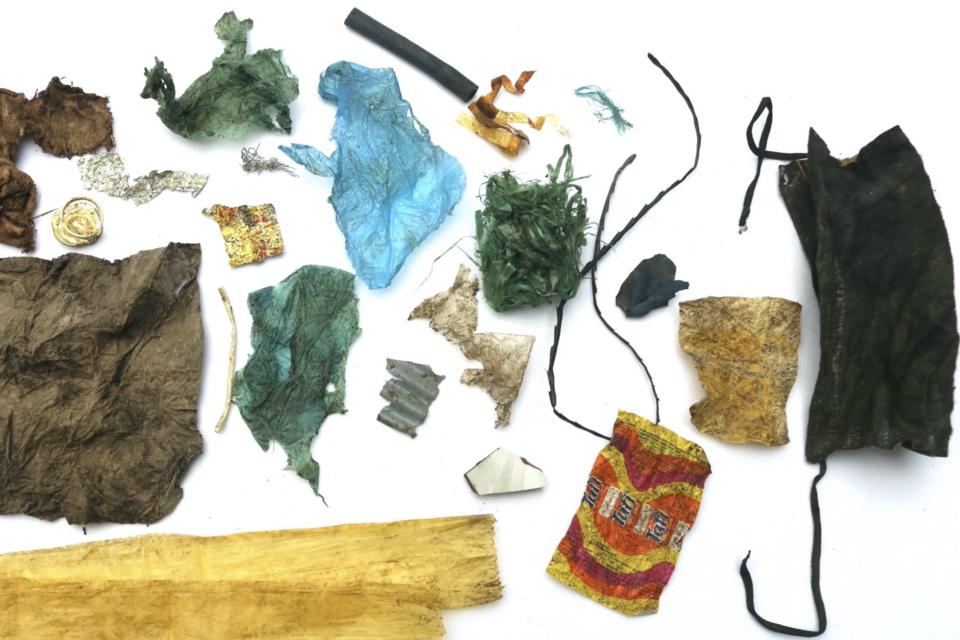
New research shows that Galapagos giant tortoises are ingesting plastic waste
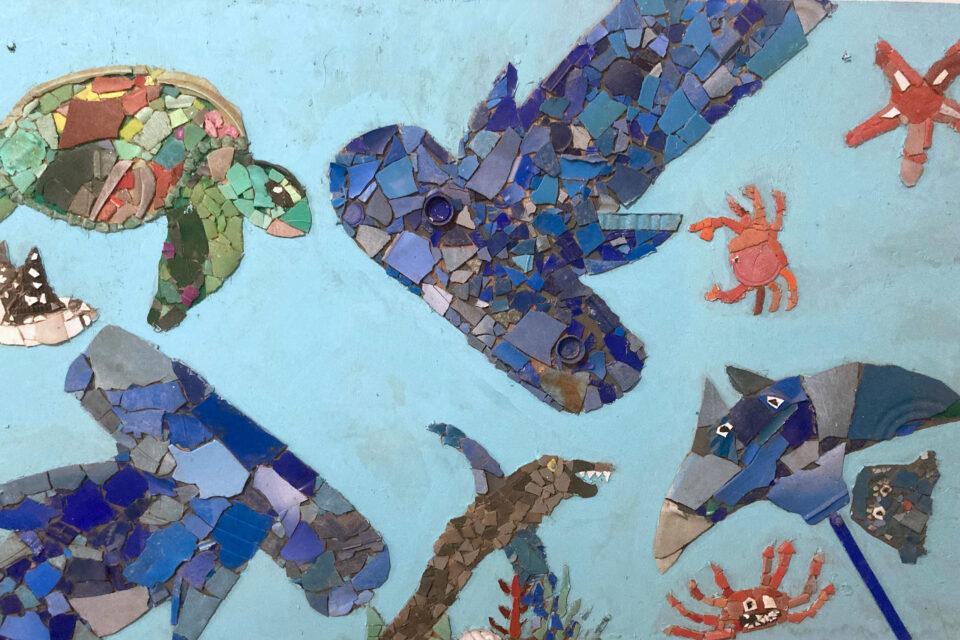
Creating a circular economy for plastics in Galapagos
